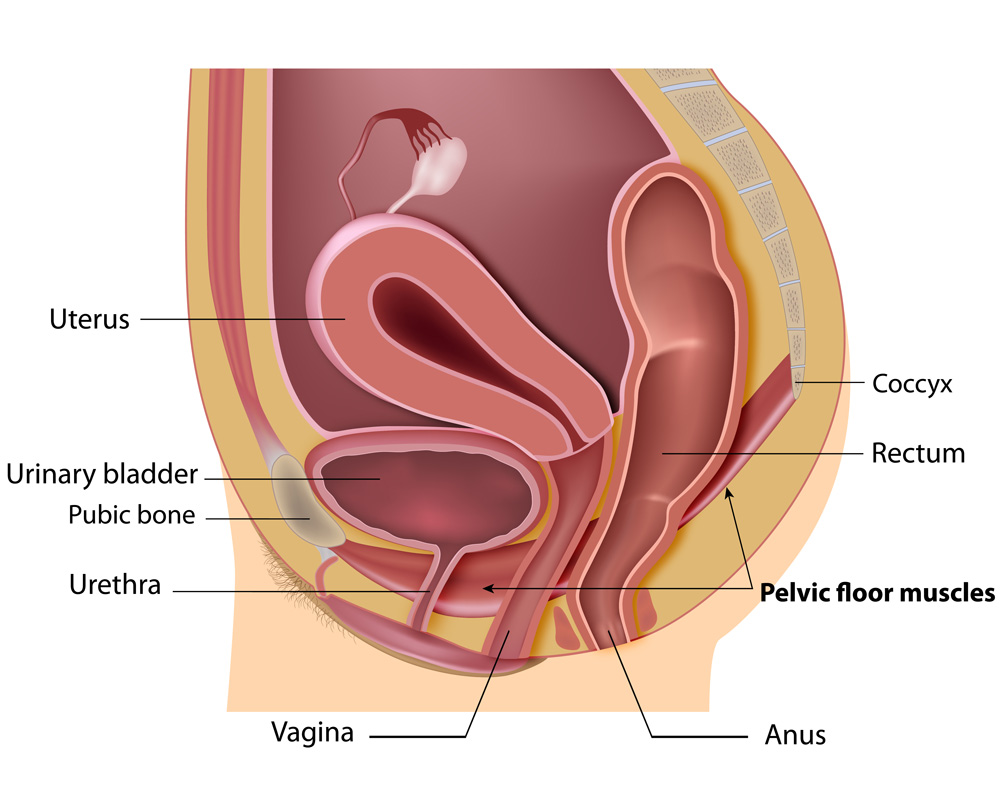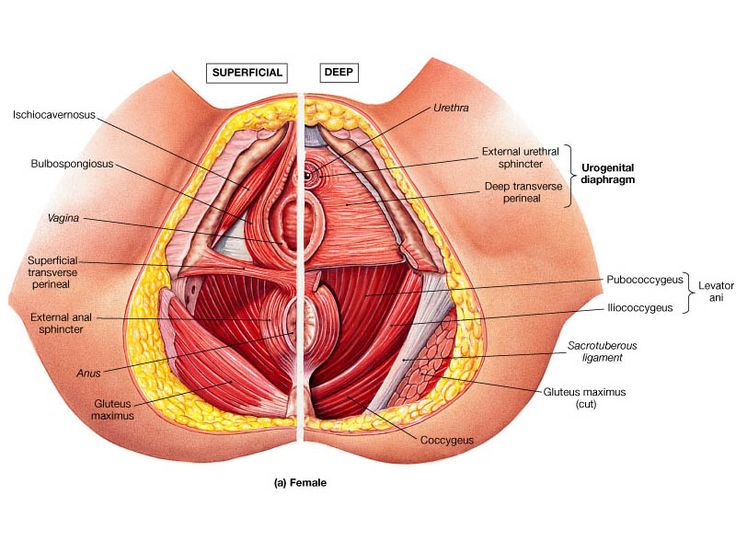Introduction
About Pelvic Organ Prolapse
Pelvic organ prolapse is the term used to describe the "drop" of one or more pelvic organs from their normal position. Typically, it is the result of injury during childbirth or pregnancy or as the result of aging, menopause or traumatic injury. It is sometimes referred to as "fallen bladder" or "dropped bladder" – though other organs may be involved.

Types of Pelvic Organ Prolapse
Cystocele (bladder prolapse)
Enterocele (small bowel prolapse)
Rectocele (rectum prolapse)
Uterine prolapse (prolapse of the uterus)
Vaginal vault prolapse
Cystocele occurs when the vaginal wall weakens and allows the bladder to herniate into the vagina. This condition can often cause stress incontinence.
Enterocele is a condition that occurs when the small bowel presses against or herniates into the vagina.
Rectocele occurs when the back of the vaginal wall weakens and the rectum presses against or prolapses into the vagina. This condition may create a bulge that is more noticeable during a bowel movement.
Uterine prolapse occurs when the uterus drops into the vaginal canal. There are three degrees of prolapse:
First-degree uterine prolapse - where the bottom portion of the uterus enters the vaginal canal
Second-degree uterine prolapse - where the uterus enters the lower portion of the vagina
Third-degree uterine prolapse - where the uterus protrudes through the vaginal opening
Vaginal vault prolapse occurs when the upper portion of the vagina drops toward the vaginal opening.

Repairing Pelvic Organ Prolapse
Our goal is to restore confidence, dignity, freedom and enjoyment of life to women suffering from pelvic organ prolapse and other pelvic floor disorders. These common conditions - urinary leakage, fecal seepage, falling bladders, and pelvic pain - often plague women and dramatically impact their lifestyle.
We always begin with an accurate diagnosis. We use rehabilitative and curative care plans that are attentive to our patients' emotional, educational and physical needs. Where surgery is required, your care plan may include both pre- and post- operative physical therapy to rehabilitate your pelvic function.
Surgical Repair of
Pelvic Organ Prolapse
Dr. Melvin Ashford, the founder of Minnesota Women's Care, is board-certified in Urogynecology & Reconstructive Pelvic Surgery (URPS). (Formerly Female Pelvic Medicine and Reconstructive Surgery – FPMRS.) This means he has the training and experience for the specific diagnosis and surgical repair of pelvic organ prolapse and other pelvic organ disorders.
Here's what's important to know in Dr. Ashford's words:
"We offer non-surgical and surgical treatment for symptomatic pelvic organ prolapse. The approach is individualized dependent upon the patient’s symptoms, anatomic defect, surgical history and the patient’s personal opinions."
We're here and ready to be of assistance to you. Please let us know by phone or appointment request if you need an appointment.